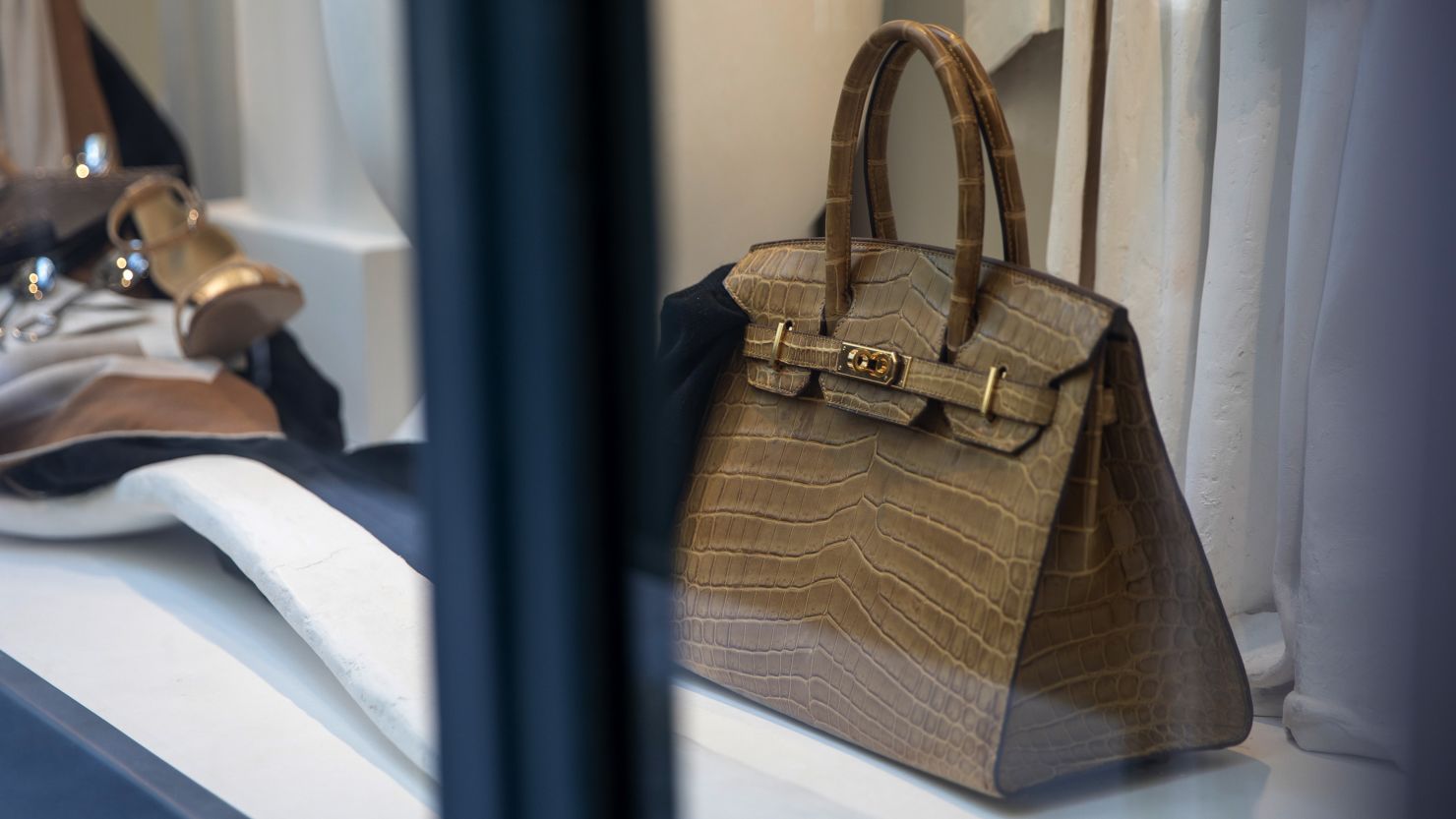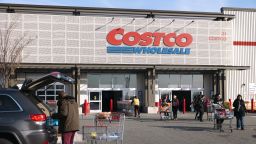Birkin handbags are some of the priciest, most exclusive bags in the world. Hermès produces a limited number of Birkins and they can sell for around $450,000. And just having the money often isn’t enough.
A new lawsuit brought by two customers in California who were unable to buy Birkin bags alleges Hermès is a monopoly, and they say the way the company sells Birkins is a violation of antitrust law.
The customers say they were told that before they would be allowed to purchase a Birkin bag, they first needed to purchase other Hermès items and accessories. They claim that Hermès has dominant power in the market for its Birkin handbags, thus making it illegal for the company to link handbag sales to customers purchasing other products like shoes, scarves or belts.
“Consumers are coerced into purchasing ancillary products from [Hermès]” to buy a Birkin bag, the complaint alleges. “This is anticompetitive, tying conduct.”
US law forbids monopolies from using forced buying — or “tie-in” sales — to gain sales in other markets where it is not dominant and to make it more difficult for rivals to compete.
The lawsuit alleges that Hermès “tying arrangements” have allowed the company to increase the price of Birkin bags and the profits the company has made from Birkins.
Hermès, which is based in Paris, did not respond to CNN’s requests for comment on the lawsuit. Its website claims that each Birkin is created, start to finish, by one craftsman.
Antitrust lawyers say the lawsuit against Hermès will be difficult to prove. But even if it fails, it could be damaging to the company’s image.
‘Deemed worthy’ to buy
Birkin bags are a symbol of rarefied wealth.
Getting a Birkin handbag, which can sell from $10,000 at retail to record premiums of $450,000 at auction, directly from its maker is a difficult feat — one often achieved through celebrity status or at least a spending history with Hermès. The brand produces only a limited quantity for sale each year and the bags are not sold online.
“Typically, only those consumers who are deemed worthy of purchasing a Birkin handbag will be shown a Birkin handbag,” the complaint alleges. “For all practical purposes, there is no way to order a bag in the style, size, color, leather, and hardware that a consumer wants.”
A 2022 report from Credit Suisse and Deloitte said that Birkin sales spiked 38% in 2020, as luxury collectibles soared in value during the Covid-19 pandemic, and resellers reported record premiums in 2021. That November, Christie’s sold a crocodile-skin version for nearly $390,000, the second-highest price ever paid for a handbag at auction at the time.
Hermes, which went public in 2013, hit its all-time highest price in trading Tuesday.
Lawsuit faces uphill climb
To win, the lawsuit will have to prove that Hermès is a monopoly and that its product tie-in strategy is illegal.
Both face significant hurdles, antitrust experts say.
“It’s particularly challenging because, as it stands, proving a monopoly claim is hard. Plus they have to prove a tie-in,” said Christine Bartholomew, a professor at University at Buffalo School of Law.
Hermès is likely to claim that its tactics were done to preserve brand loyalty in a competitive market, and the plaintiffs will have to refute this, Bartholomew said.
John Mark Newman, a University of Miami School of Law professor and former deputy director of the Federal Trade Commission’s Bureau of Competition, said that the plaintiffs face an uphill battle claiming a monopoly.
Even if they lose, however, it has already shed light on an alleged practice that could be embarrassing for shoppers.
“At least according to the complaint, Hermes representatives basically told these people that they aren’t good enough to buy a Birkin bag,” Newman said. “It could be these plaintiffs partly just want to tell their story to the world. If so, they’ve definitely accomplished that goal already.”









